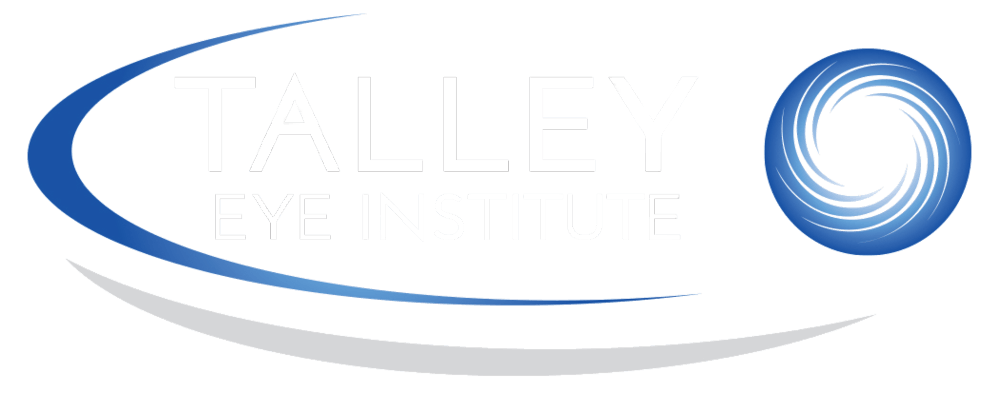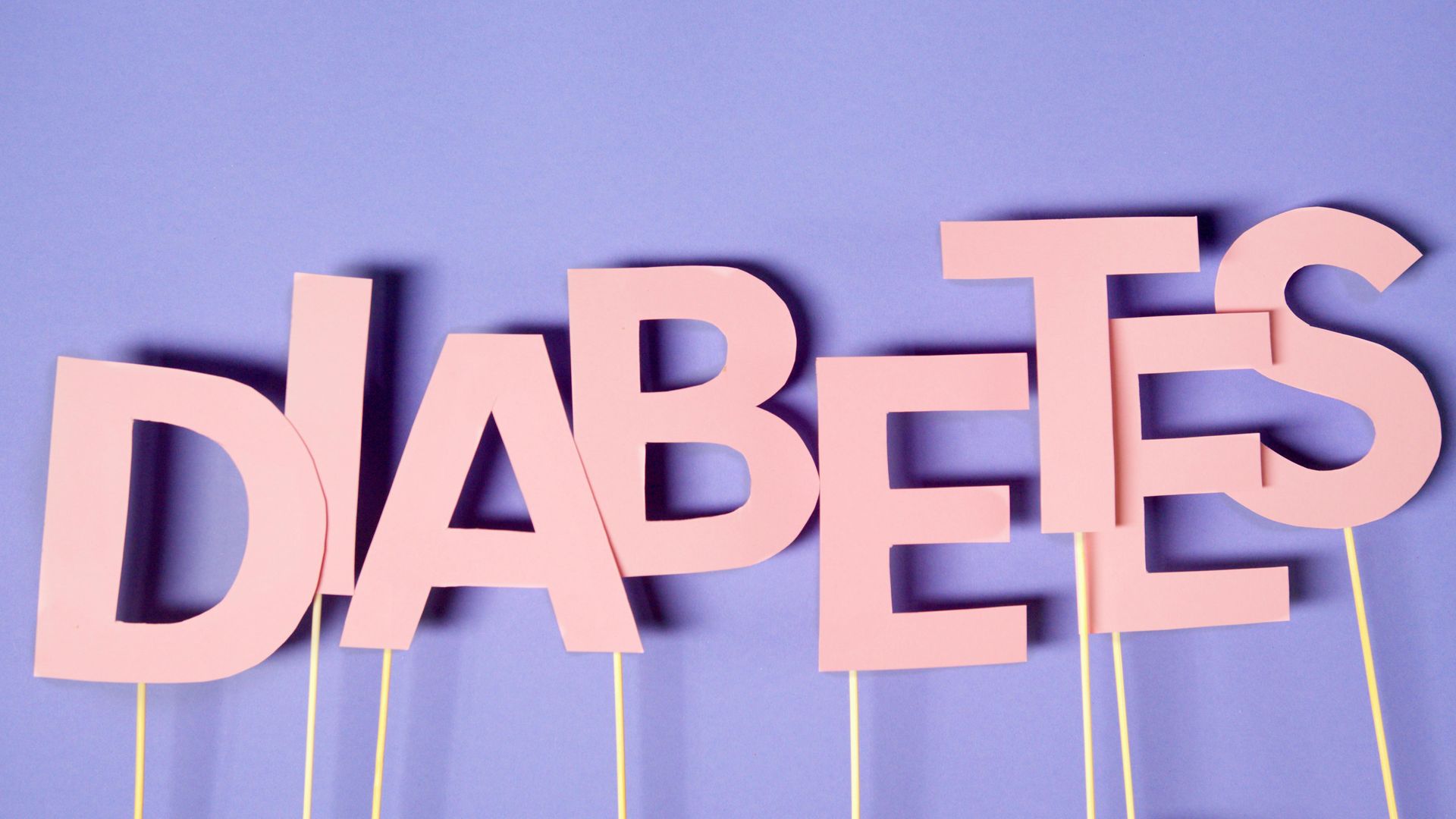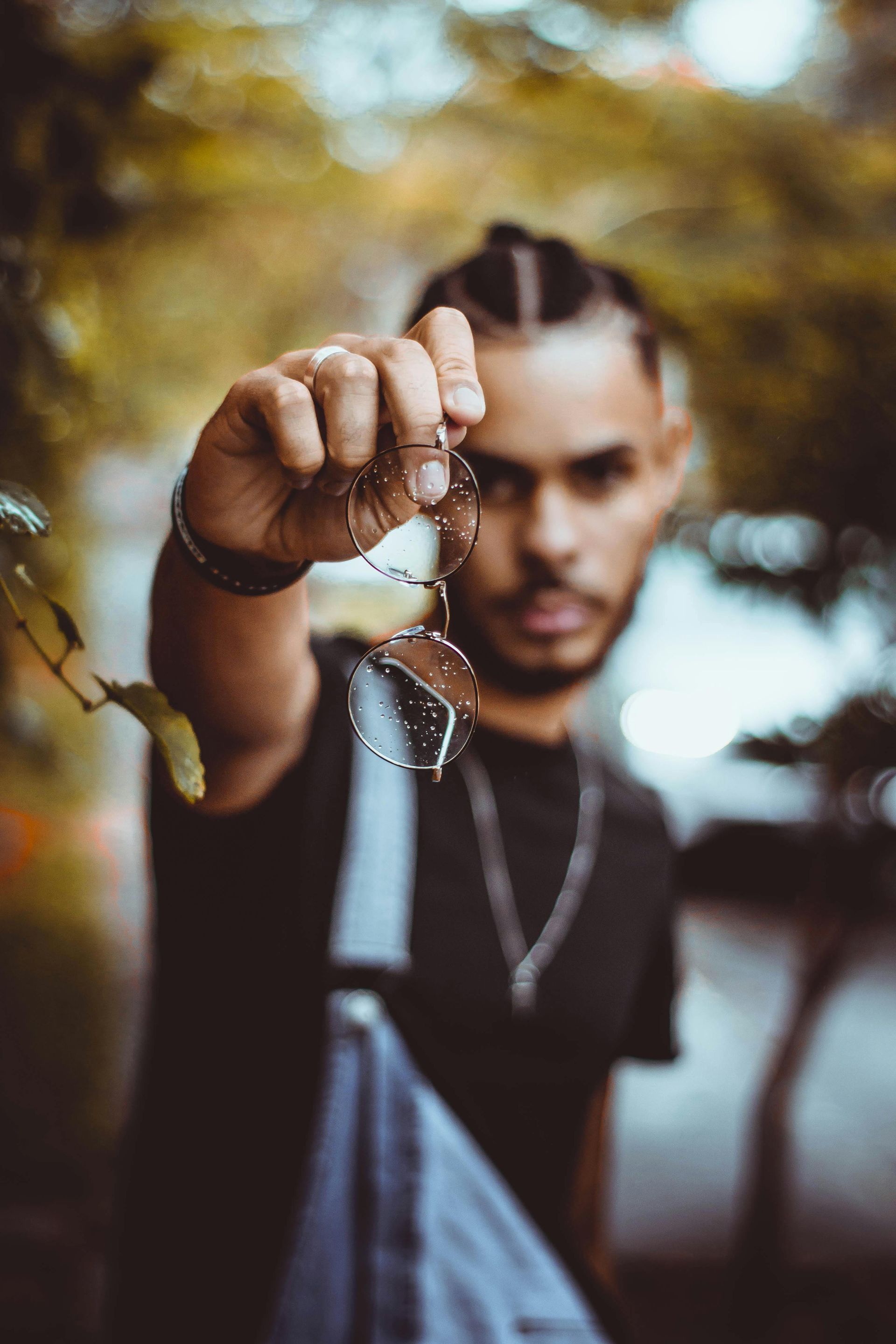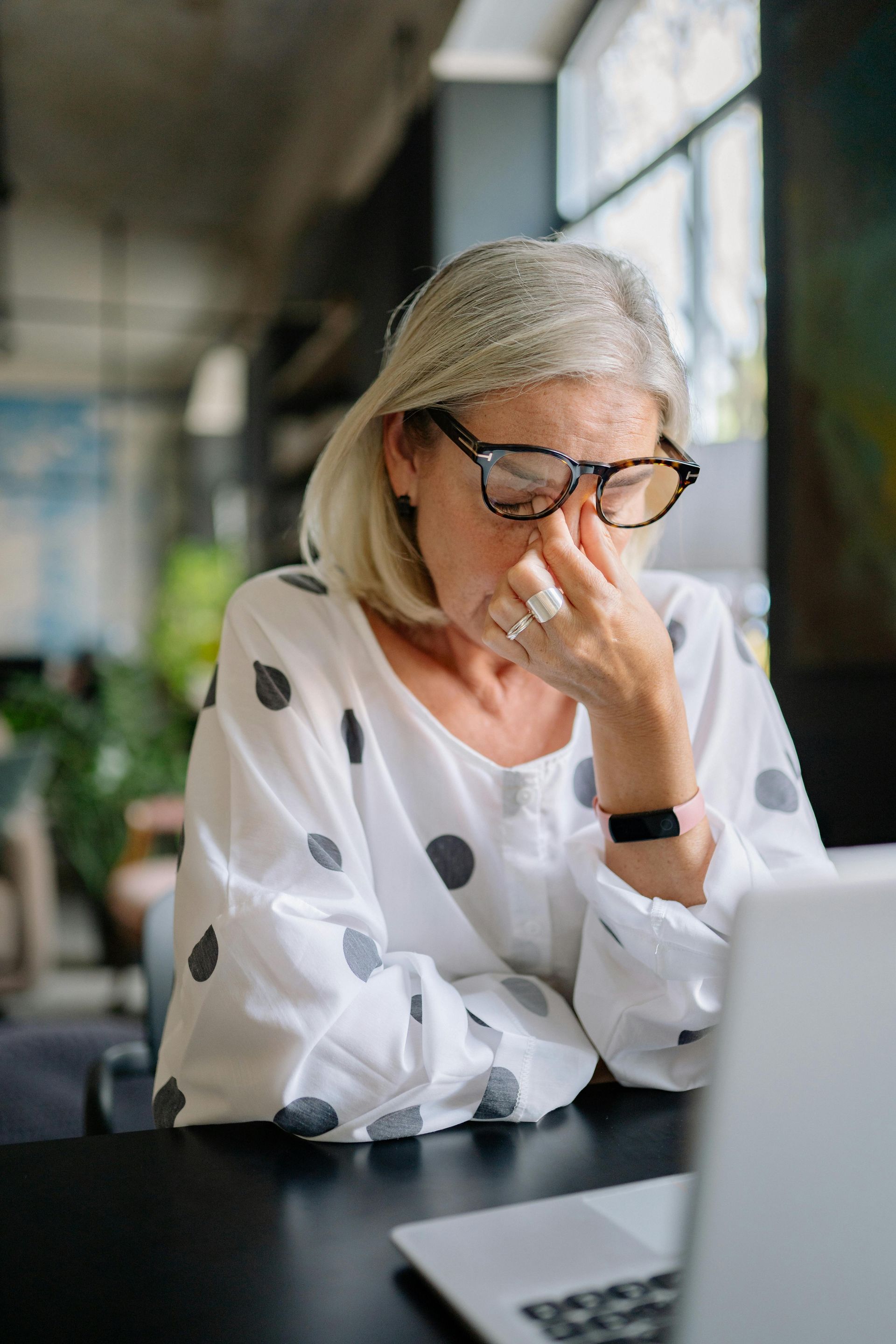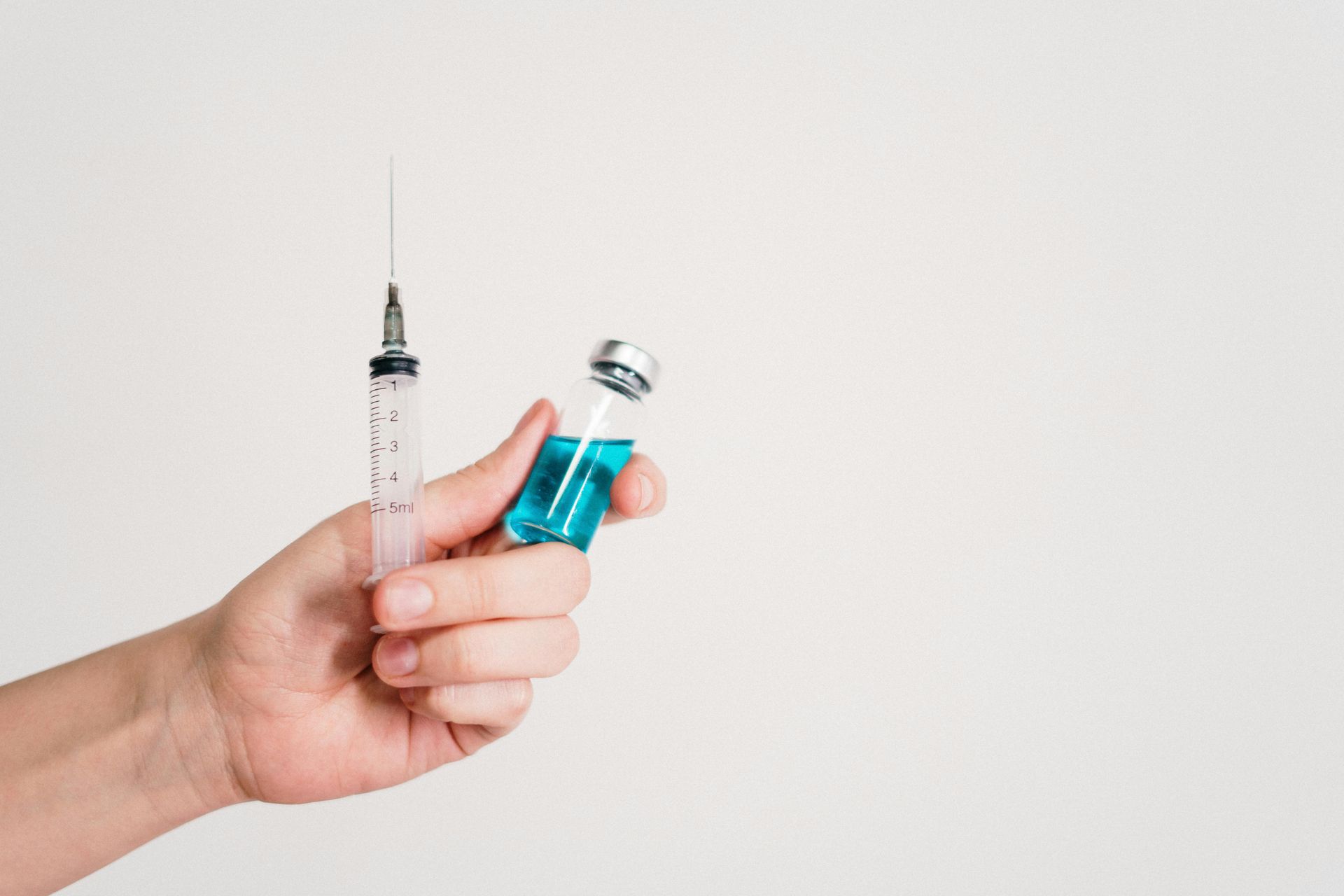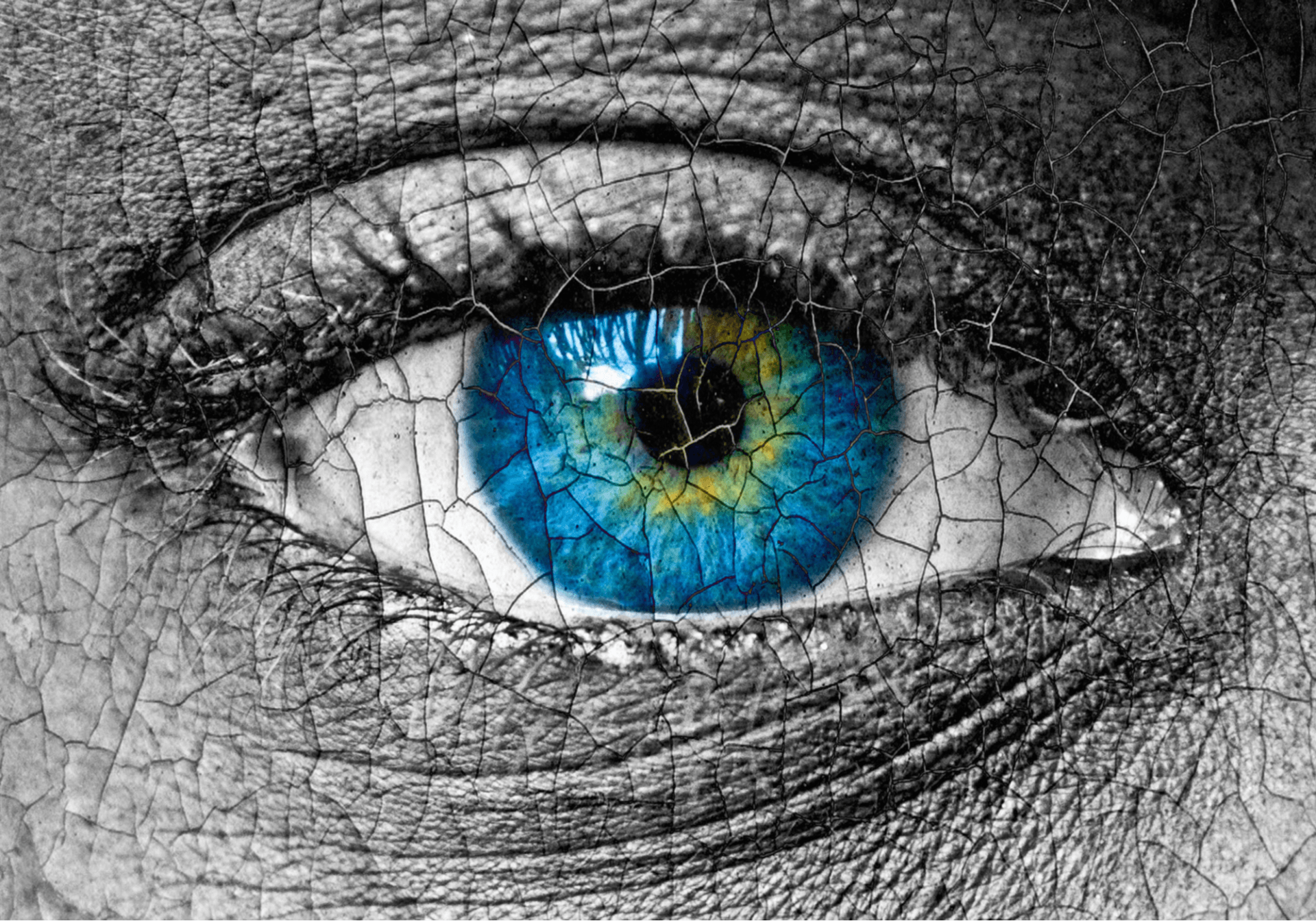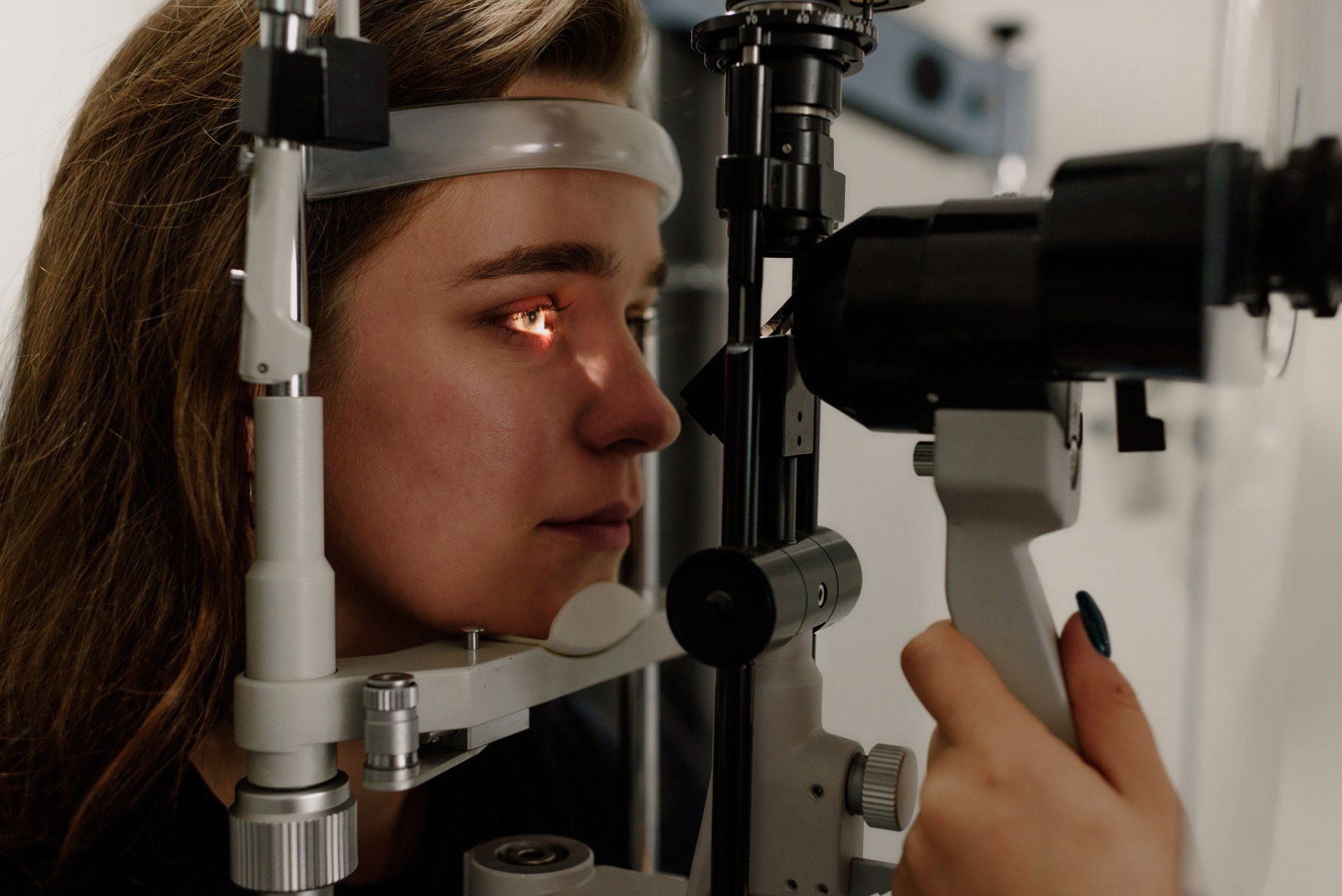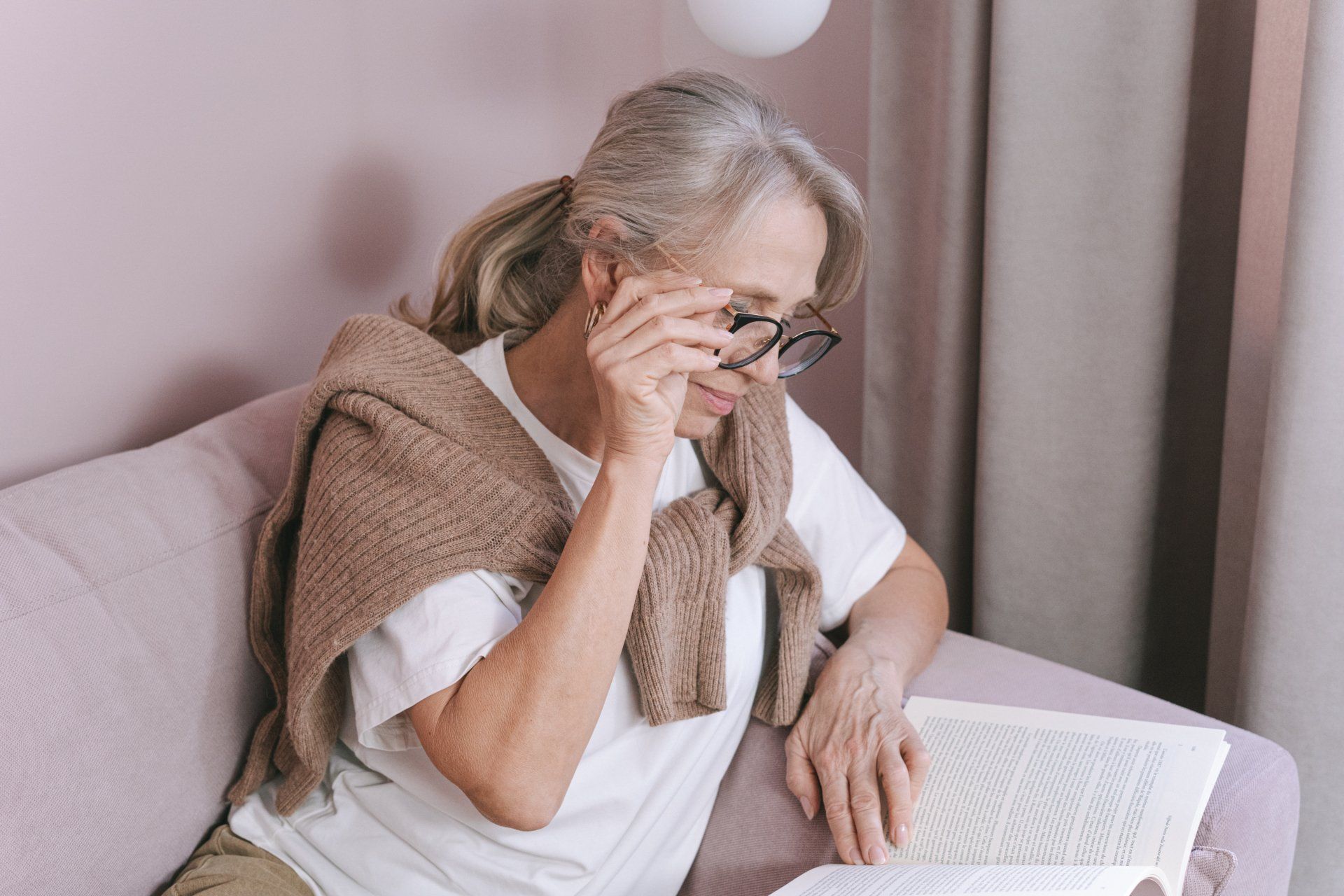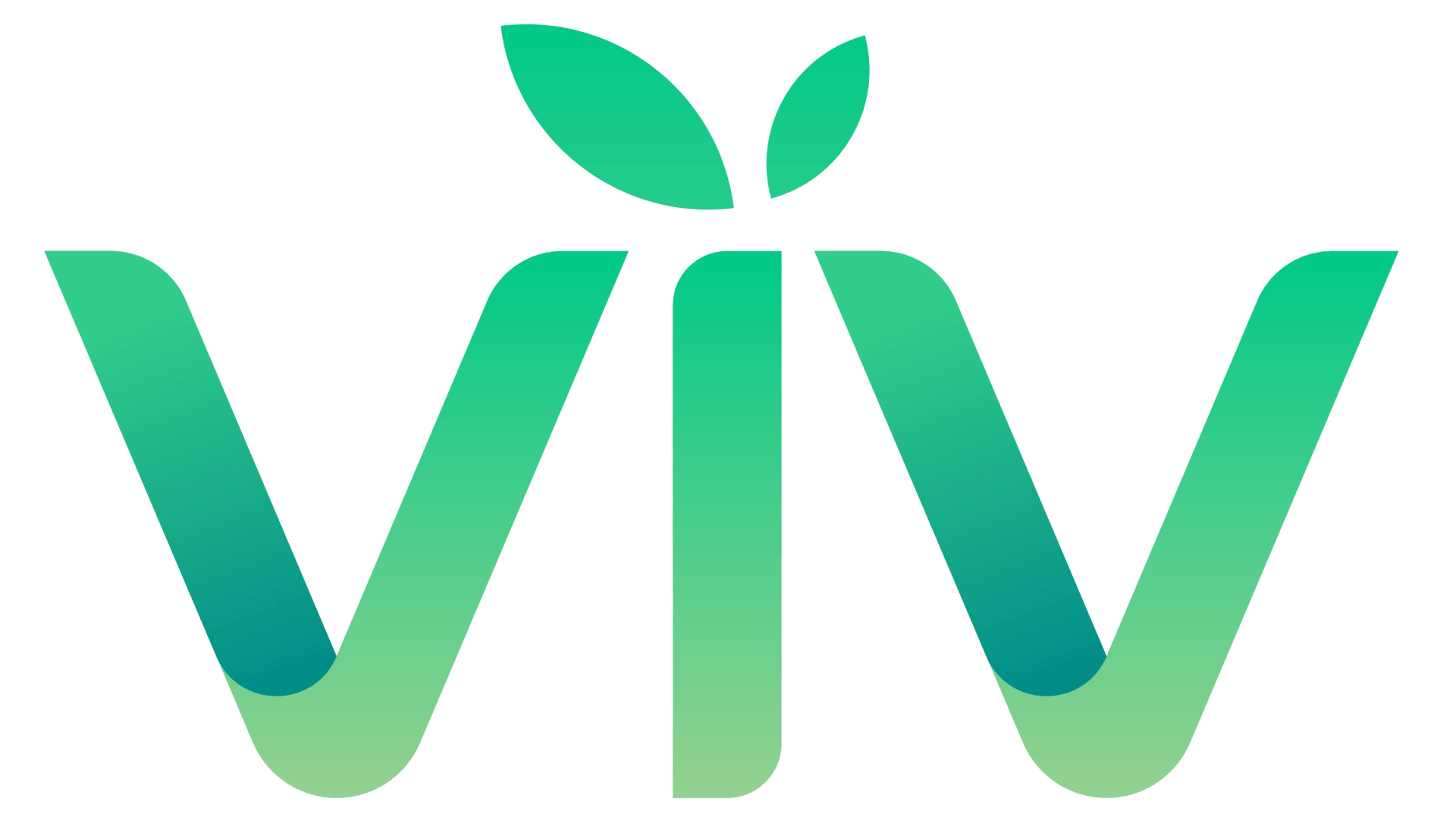Tips for keeping your eyes safe while viewing a solar eclipse
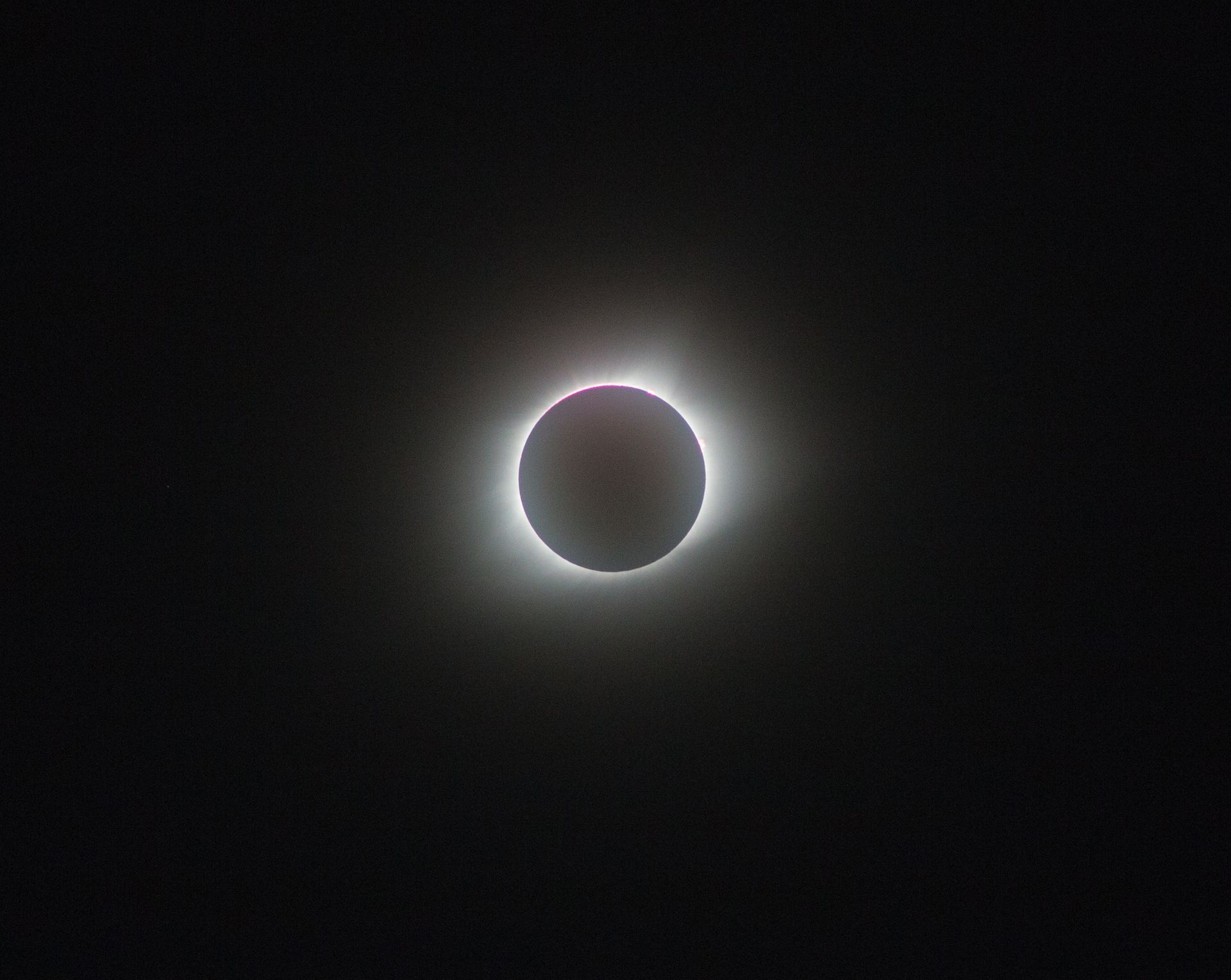
Protecting Your Eyes During a Solar Eclipse
There are few things more awe-inspiring than a solar eclipse. On Monday, April 8, 2024 our region will be in the path of totality, which means you can witness a total solar eclipse. Flocks of people will be outdoors to witness the event, however, it's crucial to remember the importance of protecting your vision when observing this phenomenon.
Solar eclipses pose a significant risk to eye health if proper precautions aren't taken. The intense brightness of the sun, even when partially obscured by the moon, can cause serious and permanent damage to the eyes. Here's why eye protection is essential during a solar eclipse:
Understanding the Risks:
The sun emits harmful ultraviolet (UV) radiation, which can cause damage to the delicate tissues of the eyes. During a solar eclipse, the natural inclination is to look directly at the sun. However, doing so without adequate protection can result in solar retinopathy, a condition where the light-sensitive cells in the retina are damaged, leading to vision impairment or even blindness. Someone who experiences solar retinopathy may not feel pain associated with the condition, as the retina does not have any pain nerves. However, symptoms of the condition may include: blurry vision, headache, a blind spot in your central vision, sensitivity to light, distorted or wavy vision, changes in color vision (called dyschromatopsia).
It's also important to note that there is no treatment for solar retinopathy. For some, the issue resolves within months. For others, there can be permanent damage to their vision.
Choosing the Right Eye Protection:
When viewing a solar eclipse, it's critical to use proper eye protection to prevent eye damage. Regular sunglasses are not sufficient, as they do not block enough of the sun's harmful rays. Instead, opt for specially designed solar eclipse glasses or handheld solar viewers that meet the ISO 12312-2 safety standard. These glasses are equipped with solar filters that block out the majority of UV and infrared radiation, allowing you to safely observe the eclipse. Be sure to get your solar eclipse glasses from a reputable source and verify that they are truly compliant with safety standards.
Inspecting Your Solar Eye Protection
Once you have found a trusted source for your solar eclipse glasses, here are a few safety tips:
- Inspect your solar filter for scratches, holes, punctures or other damage
- Always supervise any children who are using solar filters/glasses
- Cover your eyes with the solar glasses before you look up at the sun, then keep glasses covering your eyes, look down at the ground before removing the glasses from your eyes
- Do not look at the eclipse through a camera, phone, binoculars, or any other device.
- Do not attempt to clean your (disposable) eclipse glasses as this may damage them. If they are hard, plastic glasses, these often come with specific microfiber towels to clean lenses. Do not spray water, cleaner, or solvents on lenses as this may damage them.
Warnings on DIY Eclipse Viewing Tools:
While homemade may seem like good alternatives, they do not provide adequate protection against the sun's harmful rays. In fact, using improvised tools and methods can increase the risk of eye damage. This is why it’s imperative to use certified eye protection from reputable sources.
